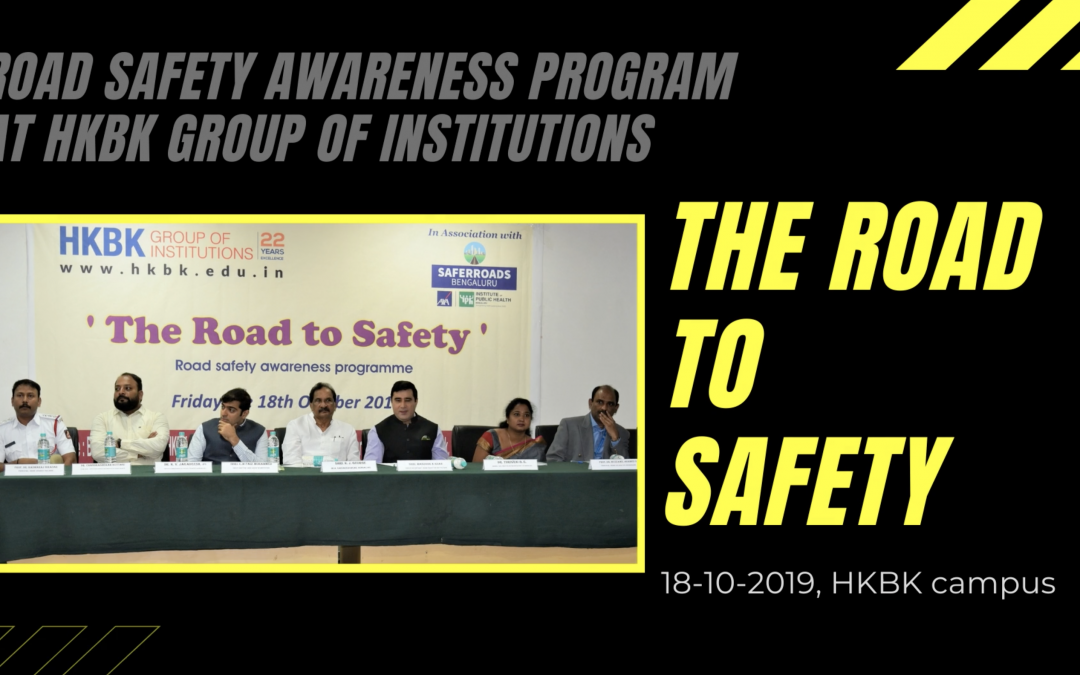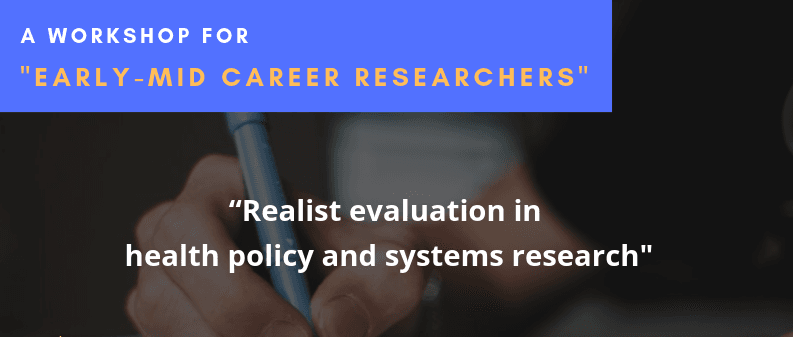Every year, about 1.5 lakh Indians die from road injuries while about 5 lakhs sustain serious injuries. Karnataka, with a population of over 6.1 crores, accounts for the third-largest number of road injuries and the fourth-highest number of road traffic deaths in India.
To remember the many millions killed and injured on the world’s roads, together with their families, friends and many others who are also affected, people around the world observe the World Day of Remembrance for Road Traffic Victims (WDR) in the month of November every year.
Institute of Public Health, Bengaluru in association with Maharani Cluster University, Bengaluru, along with Padmasree school of public health — under the banner of Safer Roads Bengaluru initiative organized an awareness program where the students formed a human chain on Saturday, 16th November 2019 to commemorate this Year’s World Day of Remembrance for Road Traffic Victims (WDR).
Shri. P C Mohan, Member of Parliament inaugurated the program. Addressing the students, he said, “Karnataka alone witnesses around ten thousand deaths and more than 50000 injuries every year due to road crashes. Adhering to traffic rules is the only way to reduce this. Youth should stop showing negligence towards traffic rules. By following traffic rules, one can, not only save his own life but also contribute to safeguarding other’s life as well.”
Dr. Asha Abikar, Deputy Director of State Road Safety Authority said “Bangalore city alone witnesses around 650 road traffic deaths every year. To safeguard the lives of road users, the Government has recently amended the Motor Vehicle Act and increased the fine amount. People especially Youth should follow traffic rules and become an asset for the nation.”
Dr. Upendra Bhojani, Director of the Institute of Public Health explained the safer roads Bengaluru initiative and stressed the need for the people’s commitment towards road safety.
The event was presided by Prof. Dr. M.S. Reddy, Special Officer, Maharani Cluster University.
Mr. Kumaraswamy who lost his 20-year-old daughter in a recent road crash, narrated the painful loss of his daughter. He encouraged students to be mindful of traffic rules and road safety.
















